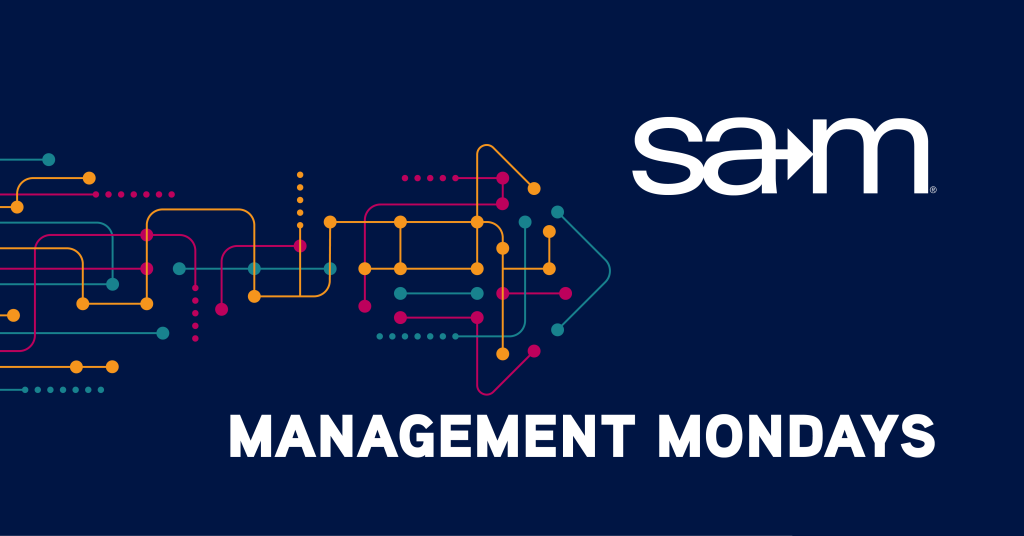
Stepping into a management role as a young professional can be both thrilling and challenging. One of the most significant challenges is earning the trust and respect of your team, particularly in a multigenerational workforce where varying perspectives and expectations can be a factor. This article will explore the importance of trust and respect for new managers, discuss the difficulties they might encounter, and provide insights into how to effectively navigate these challenges while managing a diverse group of employees from different generations.
The Importance of Trust and Respect
Trust and respect are the cornerstones of effective leadership. They lay the foundation for positive relationships, open communication, and a productive work environment. New managers must strive to earn these qualities to lead effectively, regardless of their age or experience. Without trust and respect, employees may be less motivated, less engaged, and less likely to contribute their best efforts.
Challenges for New Managers
New managers who are also younger than the majority of individuals in the organization may very well face skepticism from older employees who believe they lack the experience necessary for their role. This can also lead team members to question the authority of a new, young manager and thereby resist their directives. In addition, different generations may have diverse communication preferences, which can lead to misunderstandings and conflicts. For example, older generations may prefer lengthy in-person meetings to work on collaborative tasks while younger generations may prefer shorter meetings in digital environments such as Microsoft Teams to collaborate.
Building Trust and Respect
To establish trust and respect in a multigenerational workforce, new managers can focus on developing specific traits and skills such as:
- Active Listening: Show genuine interest in your employees’ ideas and concerns. Practice active listening to understand their perspectives better.
- Empathy: Recognize the unique experiences and challenges faced by individuals from different generations. Empathize with their perspectives.
- Consistency: Consistency in your actions and decisions will help build trust over time.
- Transparency: Be open and honest in your communication. Address questions and concerns directly, even when the news is difficult.
- Adaptability: Be willing to adapt your leadership style to suit the preferences and needs of your team members.
Building the above mentioned skills adds to your management toolbox. Here are some tips to help you navigate employee relationship building in a multigenerational environment:
- Invest Time in Relationship-Building: Spend time getting to know your team members individually. Show a genuine interest in their personal and professional development. While doing this, recognize differences and appreciate the unique strengths, perspectives, and work styles that different generations bring to the table
- Seek Mentorships: Consider seeking mentorships from experienced colleagues or senior managers who can offer guidance and insights into managing a multigenerational workforce.
- Foster Inclusivity: Create a work environment that values and respects the contributions of all employees, regardless of age or experience. Encourage knowledge sharing and collaboration among employees from different generations and value the experiences that come with those differences.
- Provide Opportunities for Skill Development: Offer training and development opportunities that help team members build essential skills and bridge generational gaps.
- Be Adaptable in Your Leadership: Adapt your leadership approach to suit the needs and preferences of individual team members while maintaining consistency in expectations and performance standards.
Conclusion
Building trust and respect as a new manager in a multigenerational workforce is essential for effective leadership. While challenges may arise, focusing on active listening, empathy, consistency, transparency, and adaptability will help you navigate these difficulties. By fostering inclusivity and providing development opportunities you can create a workplace where employees of all ages feel valued and motivated. With time and effort, you can establish yourself as a trusted and respected leader, regardless of your age or experience.
References:
Covey, S. R. (1989). The 7 Habits of Highly Effective People: Powerful Lessons in Personal Change. Free Press.
Gratton, L., & Scott, A. (2017). The 100-Year Life: Living and Working in an Age of Longevity. Bloomsbury Publishing.
Rock, D. (2006). Quiet Leadership: Six Steps to Transforming Performance at Work. HarperBusiness.
Goleman, D. (2006). Emotional Intelligence: Why It Can Matter More Than IQ. Bantam Books.
Are you looking to add tools to your management toolkit? Learn to be a better manager with a management course by SAM. Our Certifications and Training courses programs are a great low cost, high impact way to add to your personal management toolkit and maximize your knowledge. Click here to connect with your Communication training course. If you are a SAM Member, take advantage of our 20% off discount by getting your discount code in the Member Portal.

Written By,
Patrick Endicott
Patrick is the Executive Director of the Society for Advancement of Management, is driven by a deep commitment to innovation and sustainable business practices. With a rich background spanning over a decade in management, publications, and association leadership, Patrick has achieved notable success in launching and overseeing multiple organizations, earning acclaim for his forward-thinking guidance. Beyond his role in shaping the future of management, Patrick indulges his passion for theme parks and all things Star Wars in his downtime.
